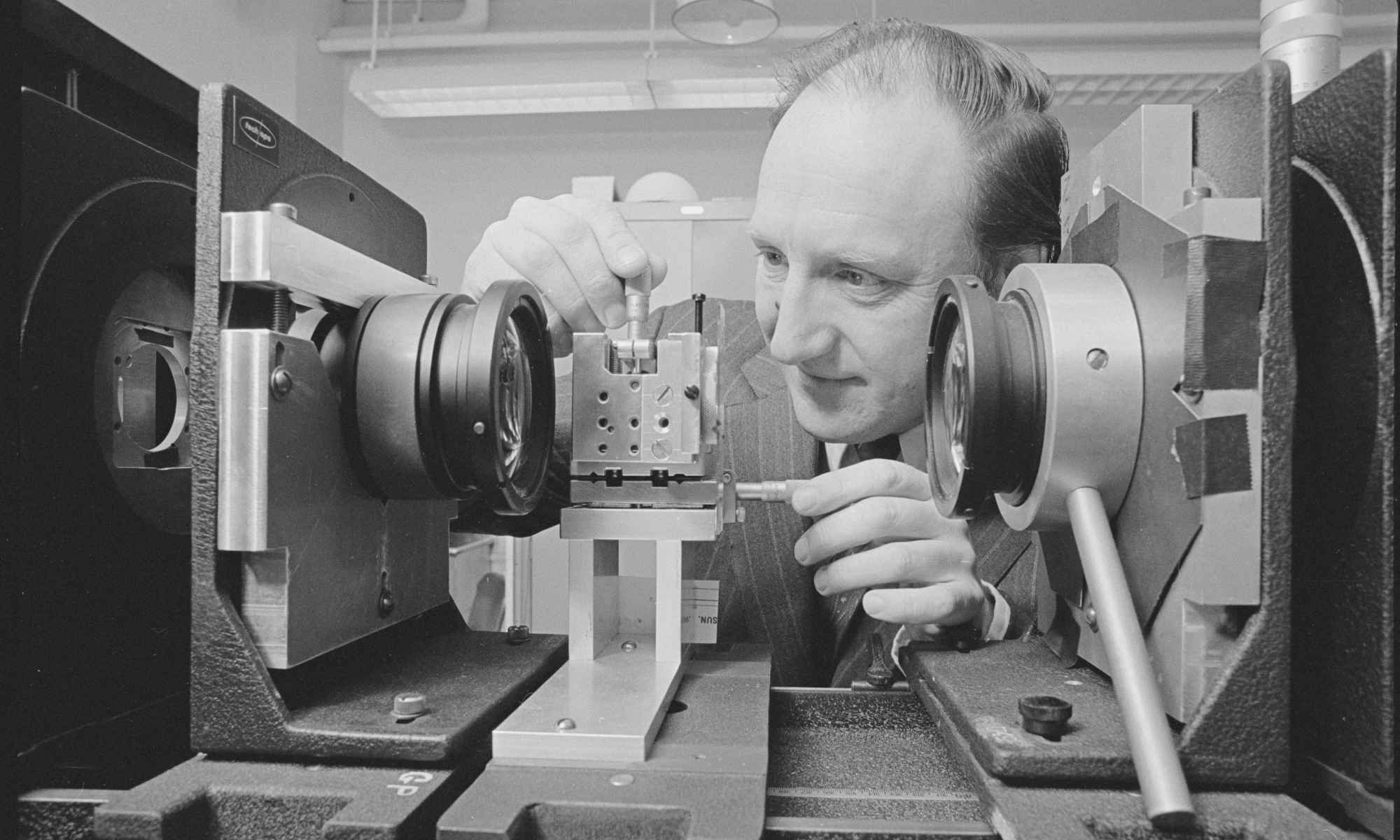
Brian J. Thompson, provost emeritus and professor emeritus of optics, remembered
The community mourns the loss of a longtime University leader and a pioneer in optics and holography.
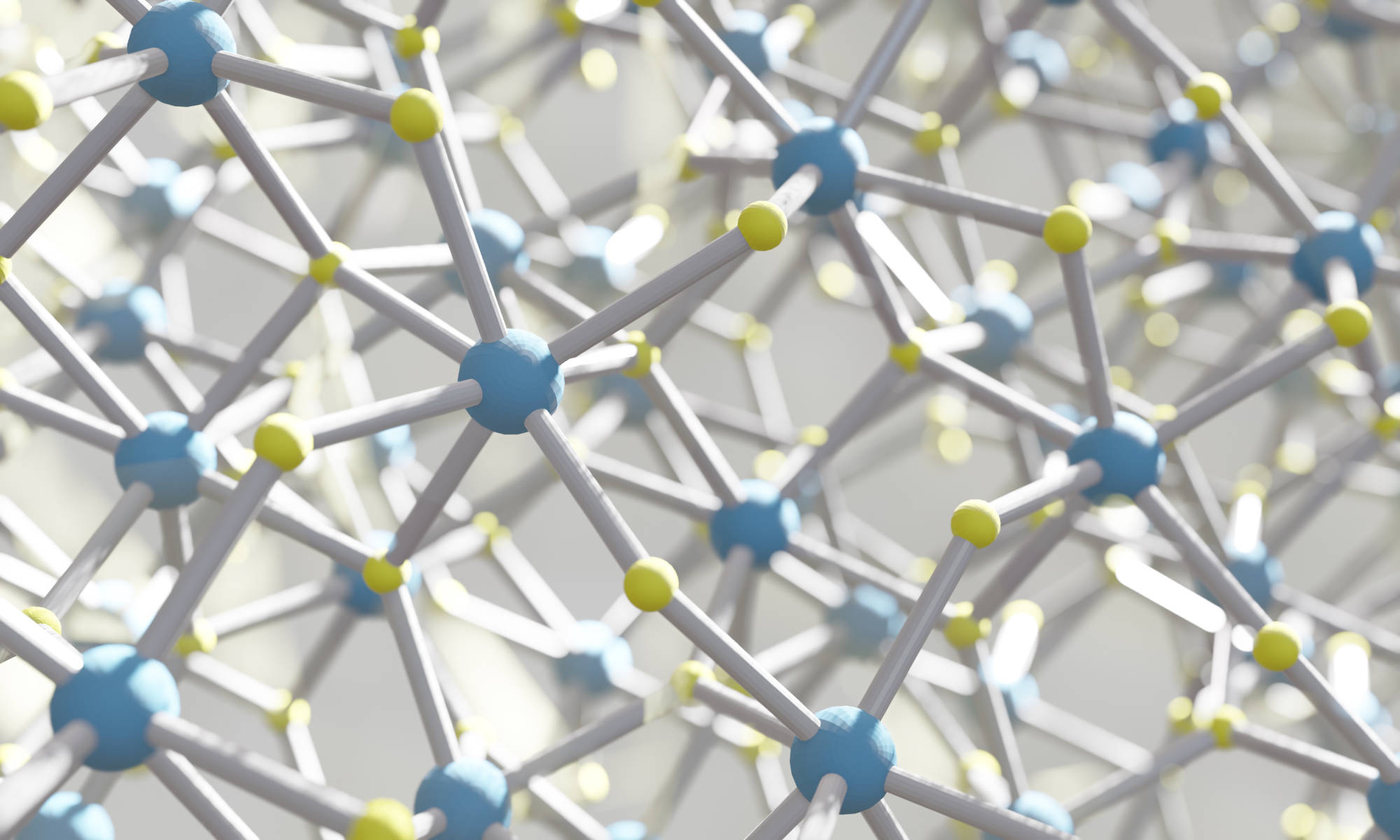
Manipulated hafnia paves the way for next-gen memory devices
Scientists outline new processes for leveraging hafnia’s ferroelectric features to enhance high-performance computing.

New NIH-funded center could soon reduce the need for pharmaceutical trials on animals
Rochester is one of four NIH-sponsored centers that aims to produce tissue-on-chip devices as FDA-qualified drug development tools.

Scientists uncover link between the ocean’s weather and global climate
Using mechanical rather than statistical analysis, an international team of scientists offers a new framework for understanding the climate system.

Machine learning boosts search for new materials
Rochester scientists have developed deep-learning models that can sift through the massive amounts of data generated by X-ray diffraction techniques.
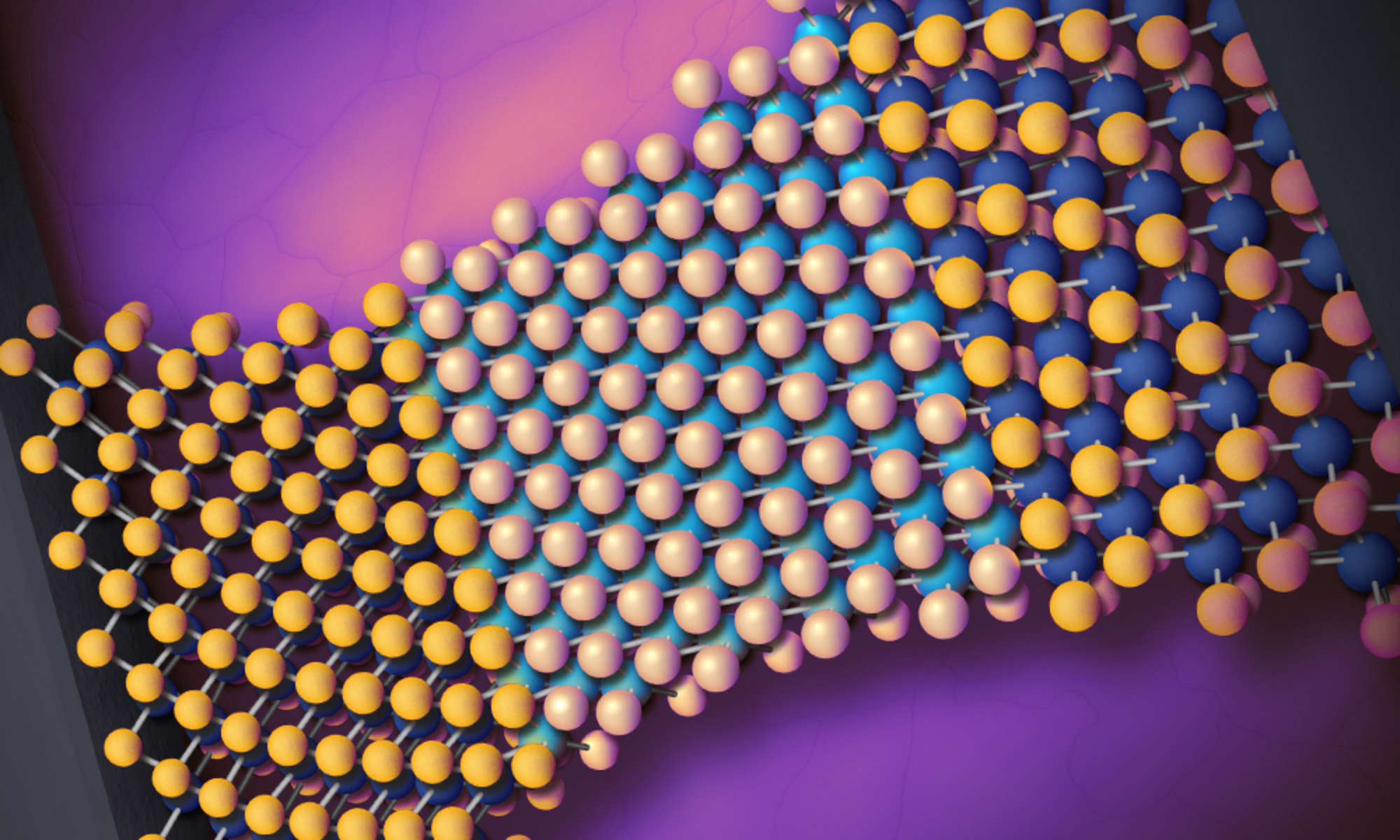
Straining memory leads to new computing possibilities
“We’ve combined the idea of a memristor and a phase-change device in a way that can go beyond the limitations of either device,” says Stephen Wu, an assistant professor of electrical and computer engineering and of physics.
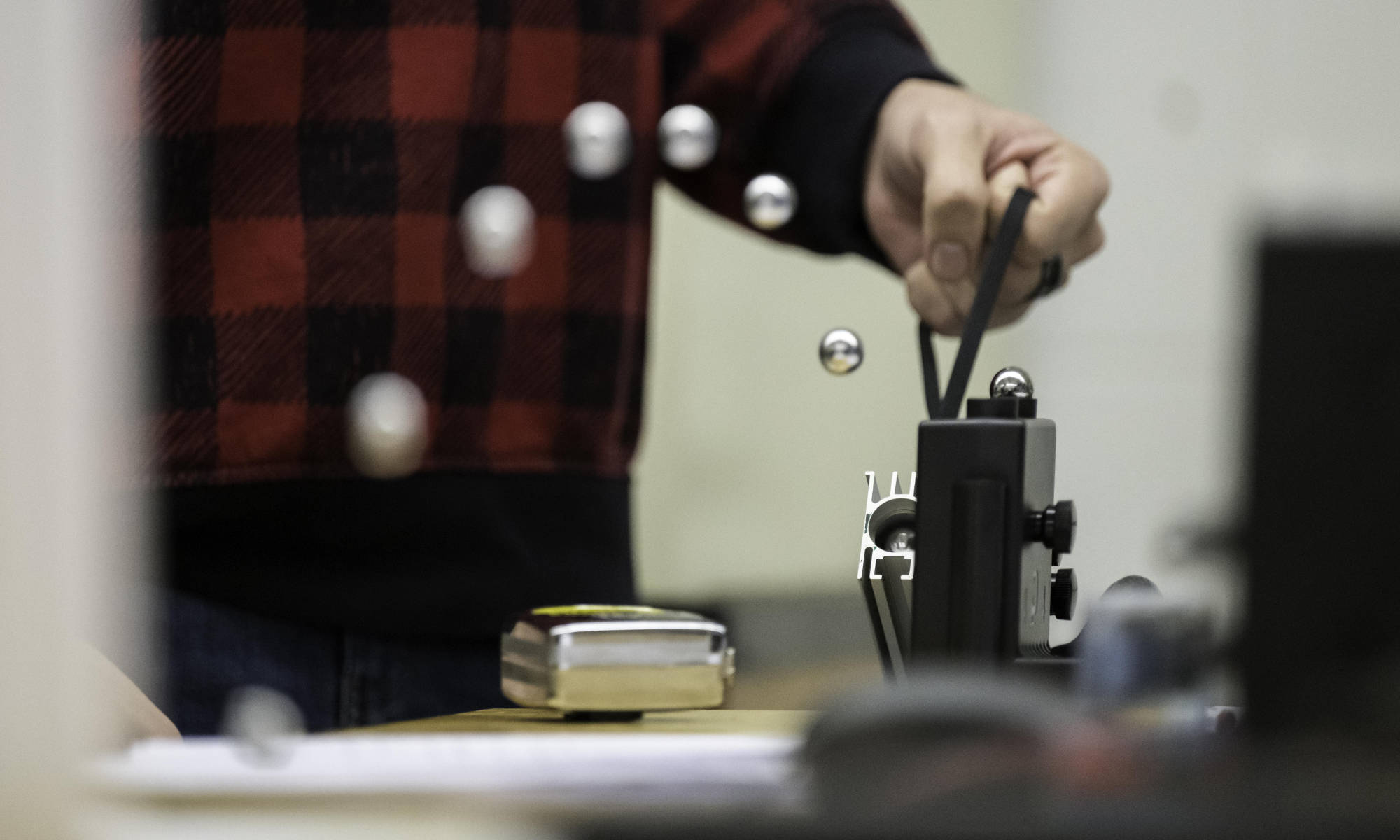
Mechanical engineering launches overhauled lab courses
Faculty members work with industry advisors to modernize hands-on aspects of the department’s curriculum.

New tools will help study quantum chemistry aboard the International Space Station
Rochester Professor Nicholas Bigelow helped develop experiments conducted at NASA’s Cold Atom Lab to probe the fundamental nature of the world around us.
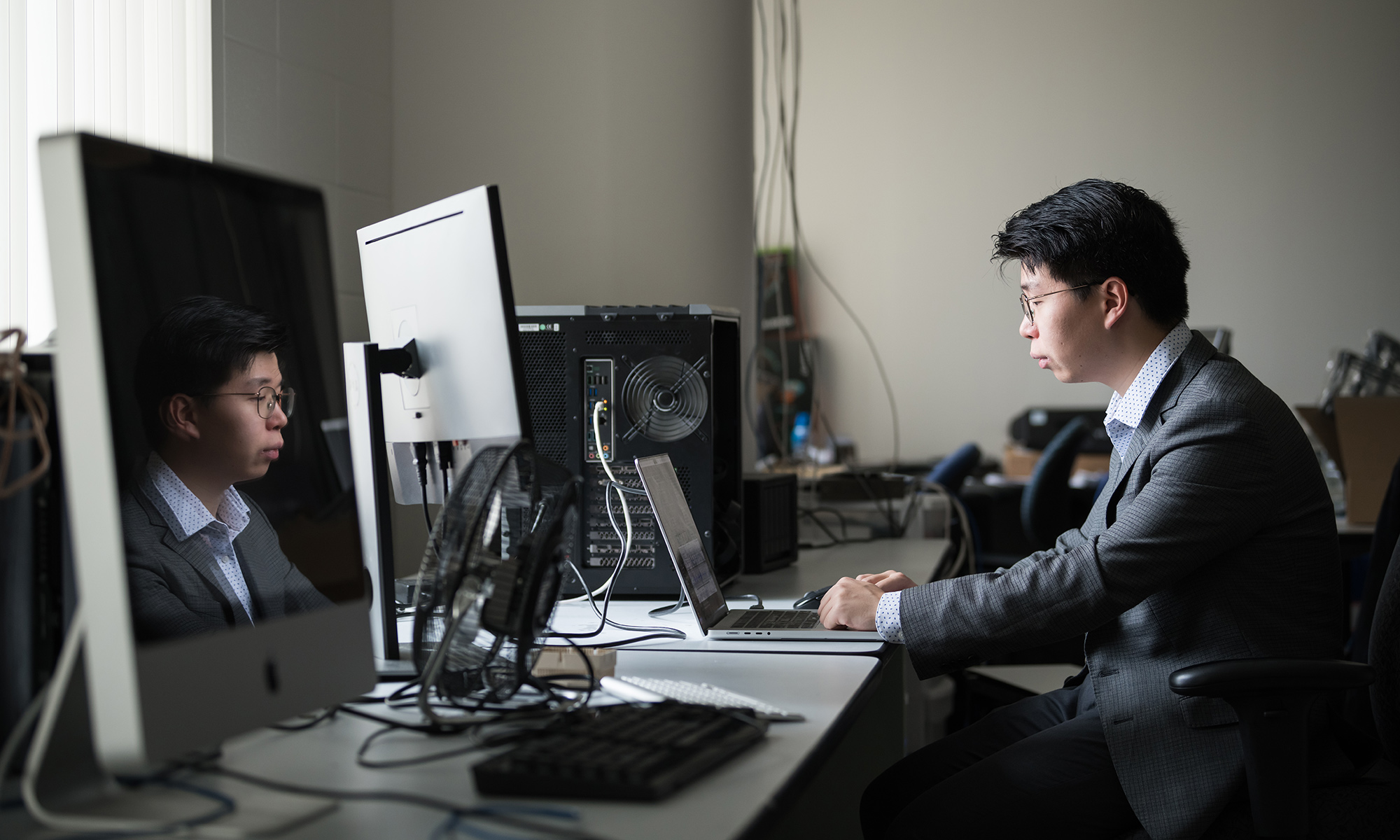
Audio deepfake detective developing new sleuthing techniques
A National Institute of Justice fellowship allows Rochester graduate student You “Neil” Zhang to develop novel defenses against deepfake scams.

Human brain’s ‘temporal scaffolding’ inspires new AI approaches
Applying a recent hypothesis about how the brain operates during sleep could improve the lifelong learning abilities of artificial intelligence.

